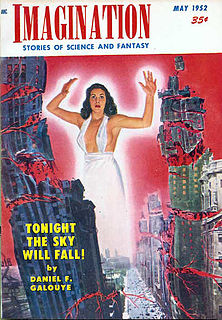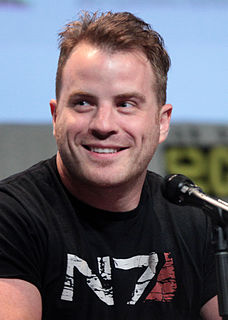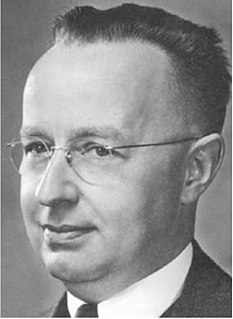A Quote by Ming-Na Wen
I appreciate both... for me, I think 'Star Wars' is more science fantasy and is based on a lot of great legendary heroes and morality plays and stuff. And 'Star Trek' is just pure fun. Pure science fun. And I've always appreciated both.
Related Quotes
Most of what I do is science fiction. Some of the things I do are fantasy. I don't like the labels, they're marketing tools, and I certainly don't worry about them when I'm writing. They are also inhibiting factors; you wind up not getting read by certain people, or not getting sold to certain people because they think they know what you write. You say science fiction and everybody thinks Star Wars or Star Trek.
Star Trek?” I asked her. “Really?” “What?” she demanded, bending unnaturally black eyebrows together. “There are two kinds of people in the universe, Molly,” I said. “Star Trek fans and Star Wars fans. This is shocking.” She sniffed. “This is the post-nerd-closet world, Harry. It’s okay to like both.” “Blasphemy and lies,” I said.



































